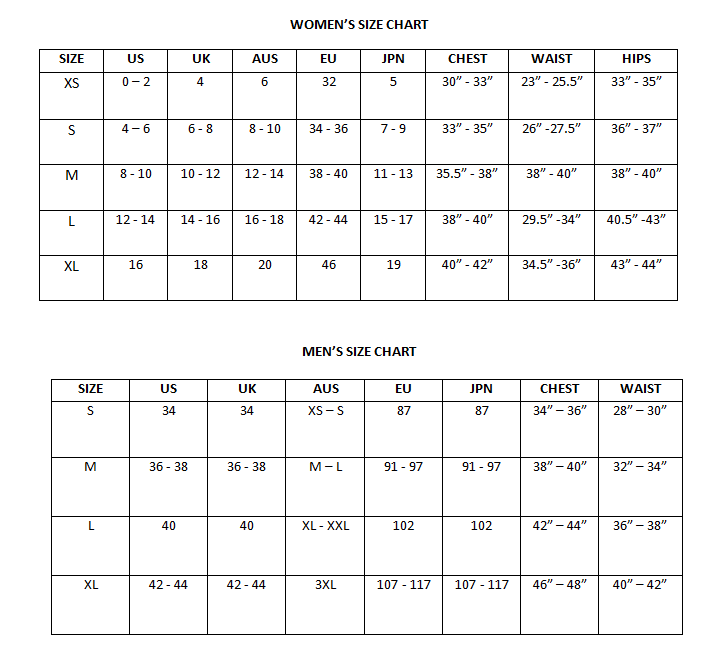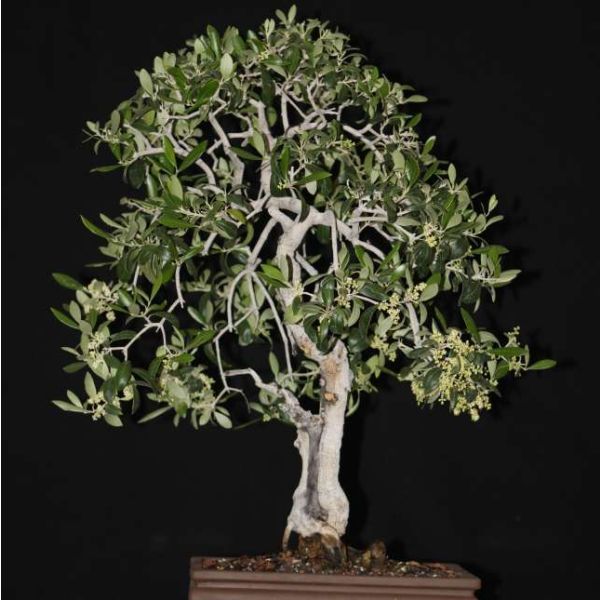Olea Europaea Seeds (European Olive Seeds)
Olea Europaea Seeds (European Olive Seeds)
Tolerates poor soil, heat, drought and loves the sun. Excellent for indoors.

Delivery
All orders shipped with UPS Express.
Always free shipping for orders over US $250.
All orders are shipped with a UPS tracking number.
Returns
Items returned within 14 days of their original shipment date in same as new condition will be eligible for a full refund or store credit.
Refunds will be charged back to the original form of payment used for purchase.
Customer is responsible for shipping charges when making returns and shipping/handling fees of original purchase is non-refundable.
All sale items are final purchases.
Help
Give us a shout if you have any other questions and/or concerns.
Email: contact@domain.com
Phone: +1 (23) 456 789
Availability: In stock
SKU
Olea Europaea
Native to Asia and Syria, but mostly cultivated in Mediterranean countries. Very popular bonsai tree. If left to grow naturally, it reaches 25 feet tall.
The tree is usually multi-trunked and can be raised as a single trunk. It can develop an aged appearance rather quickly. His gnarled trunk and white bark are exceptional features.
Evergreen tree with grey-green leaves that are silvery underneath. It produces flowers on second year's branch growth. Tiny white fragrant flowers appear in late Summer, which as the plant matures develop into edible olives. The fruit start off green and slowly mature to purple. To encourage fruiting, keep at 35øF for several weeks during Winter.
Hardiness zones 8-10, (1øC,35øF/ -10øC,15øF) in Winter. Best grown in a sunny sheltered site in any well-drained soil. Tolerates poor soil, heat, drought and loves the sun. Excellent for indoors. Use a soil mix consisting of 2 parts peat moss to 2 parts loam to 1 part sand or perlite. Even though the plants are very drought tolerant, water them at least twice a week and fertilize them monthly with a balanced fertilizer. During the Winter months, water is restricted to once every 2 weeks.
| Label | Olea europaea |
|---|---|
| Common name | European Olive |
| Genus | Olea |
| Species | Olea europaea |
| Germination | First, scarify the seeds. For faster germination, soak the seeds in slightly hot water for 24-48 hours, followed by 3 months before sowing at 3/4" deep in your soil mixture. Any planting out is best done in late Spring or early Summer, after the last expected frosts. Keep damp soil, not soaking wet. Keep pot in warm situation 68-75øF. Germination can take several months. It can be a lot more depending on their degree of unbroken dormancy, don't lose faith. |
| Scarification / Stratification | Seed coats may be so hard that they are impermeable to water. They need to be scratched or broken using a knife or sandpaper, in order to germinate. Chip the seeds with a sharp knife or make a few swipes with a sharp edged file or use sandpaper to allow moisture being more readily absorbed. |
| Price View | Price Range |

